Welcome to our blog post exploring seven foods that are banned or heavily restricted in the United States. Despite the stringent regulations governing the American food industry, there are certain foods and ingredients that may come as a surprise due to their absence from grocery store shelves and restaurant menus. From exotic delicacies to everyday snacks, these items have been deemed unfit for consumption or sale in the US, raising questions about their safety, ethics, and potential health risks.
Join us as we delve into the fascinating world of food regulations and discover the stories behind why these seven foods are missing from American tables. From controversial additives to gourmet delights, prepare to be intrigued by the reasons behind these bans and what they reveal about food safety standards and consumer protection measures in the United States.
Table of Contents
Toggle7 Foods That May Surprise You
Discover the unexpected as we unveil seven foods that are banned or heavily restricted in the United States. From luxurious delicacies like foie gras to everyday snacks like Flamin’ Hot Cheetos, delve into the intriguing reasons behind their absence from American tables.
Époisses Cheese: A French Delicacy Left Behind
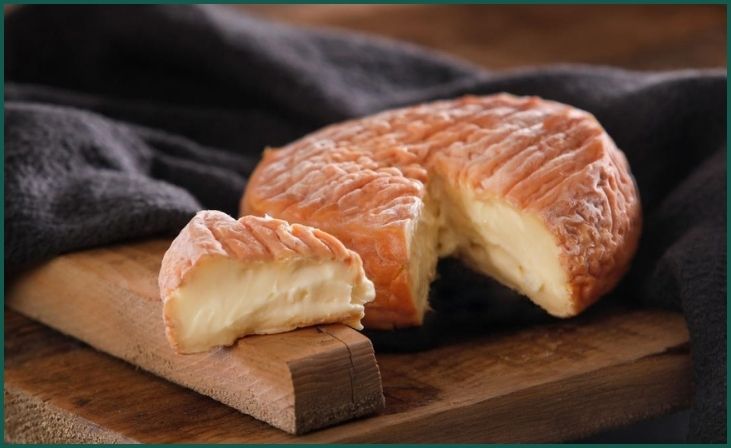
Époisses cheese, with its pungent aroma and rich flavor, is a beloved French delicacy that remains elusive to American consumers. Due to its high moisture content and potent odor, Époisses does not meet the stringent FDA regulations for imported cheeses. This delectable cheese is made from cow’s milk and aged in a unique process that contributes to its distinctive taste and creamy texture. While Americans may yearn to taste this gastronomic delight, a European excursion is often the only way to savor its indulgent flavors. Despite its absence from American tables, Époisses continues to be cherished by cheese connoisseurs worldwide, symbolizing the rich culinary heritage of France.
Also Read- 7 Best Party Ever: Finger Foods & Appetizers
Silver Dragees: Pretty but Not for Consumption

Silver dragees, those shimmering sugar pearls used to decorate cakes and confections, are captivating to the eye but deemed inedible by the FDA. These decorative sprinkles are coated with silver, a metal not intended for consumption due to its potential toxicity. While silver dragees add a touch of elegance to desserts, their metallic content poses a health risk if ingested. Consequently, they are often used sparingly or avoided altogether in culinary creations. Despite their allure, silver dragees serve as a reminder that not all that glitters is safe to eat.
Foie Gras: A Delicacy Dividing Opinions
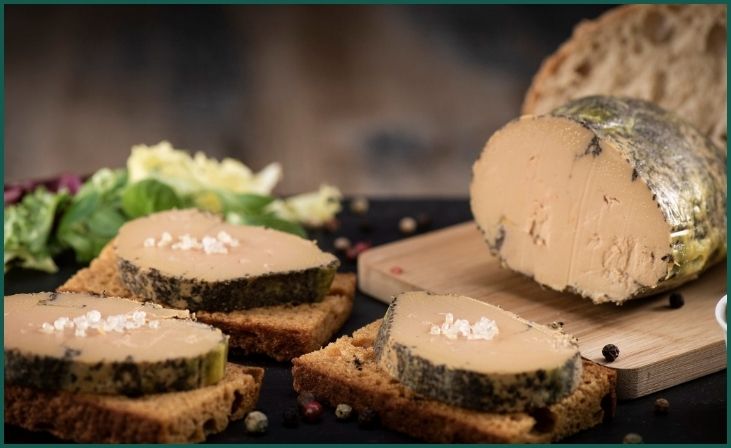
Foie gras, a luxurious delicacy made from the fattened liver of ducks or geese, has stirred controversy due to ethical concerns surrounding its production. While permitted in some regions, including France, California has banned the sale and production of foie gras due to animal welfare issues. The process of force-feeding ducks or geese to enlarge their livers has drawn criticism from animal rights activists and led to legislative action in certain jurisdictions. Despite its gourmet status, foie gras remains a contentious topic, sparking debates over the ethical treatment of animals in food production.
Don't just scroll, subscribe!
BuzzTrail's unique web-stories are the cure for boredom you've been waiting for.
Flamin’ Hot Cheetos: Controversial Crunch
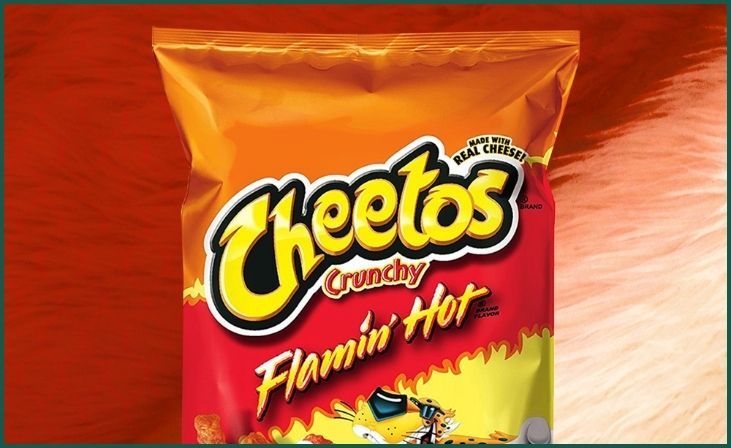
Flamin’ Hot Cheetos, known for their fiery flavor and addictive crunch, have faced scrutiny from school districts concerned about their nutritional value and potential messiness. Since 2012, several school districts have banned or restricted the sale of Flamin’ Hot Cheetos due to their high fat, salt, and calorie content. Additionally, concerns about the snack’s bright red dye and addictive properties have prompted calls for tighter regulations on its availability to students. Despite their popularity, Flamin’ Hot Cheetos serve as a reminder of the ongoing debate surrounding junk food in schools and efforts to promote healthier eating habits among children.
Sassafras Oil: The Hidden Ban in Root Beer

Sassafras oil, once a common ingredient in root beer, was banned in the United States due to its classification as a potential carcinogen. Although sassafras root bark is still used to flavor root beer, the oil extracted from the plant contains safrole, a compound linked to liver damage and cancer in animal studies. As a result, the FDA prohibited the use of sassafras oil in food and beverages in 1960. Despite this ban, sassafras oil is still present in other naturally occurring sources, serving as a cautionary tale about the hidden dangers lurking in some food additives.
Junk Food Bans: A Health-Conscious Move
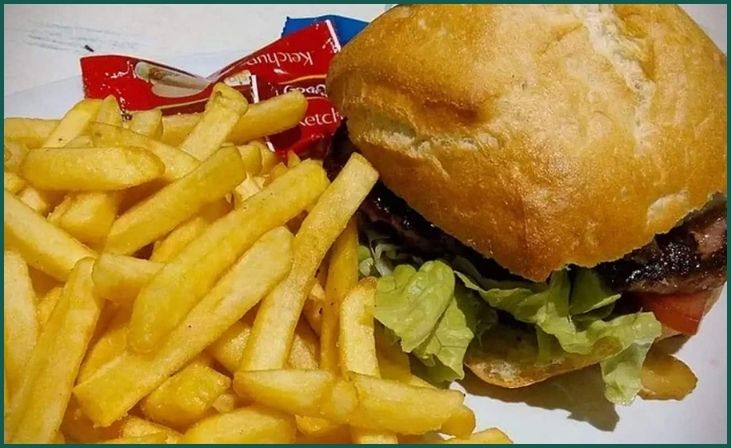
Several states, including California, Massachusetts, New York, and New Jersey, have implemented bans or restrictions on junk food in schools as part of efforts to promote healthier eating habits among students. These measures aim to combat childhood obesity and improve overall student health by limiting the availability of sugary snacks, sodas, and high-fat foods on school campuses. By prioritizing nutritious options and encouraging positive dietary habits, these states seek to empower students to make healthier choices and reduce their risk of chronic diseases later in life. Despite initial resistance, junk food bans represent a proactive step towards creating healthier school environments and fostering lifelong wellness.
Queen Conch: From Delicacy to Protection

Queen conch, once prized as a delicacy in the Caribbean, is now protected due to environmental concerns and overfishing issues. The depletion of queen conch populations has led to regulations and prohibitions on harvesting and trading this marine mollusk in the United States and other countries. Conservation efforts aim to preserve queen conch populations and maintain the ecological balance of marine ecosystems. While the decline of queen conch as a seafood delicacy may disappoint culinary enthusiasts, its protection is essential for ensuring the sustainability of ocean resources and safeguarding the future of marine biodiversity.
Sea Turtles: A Fragile Existence
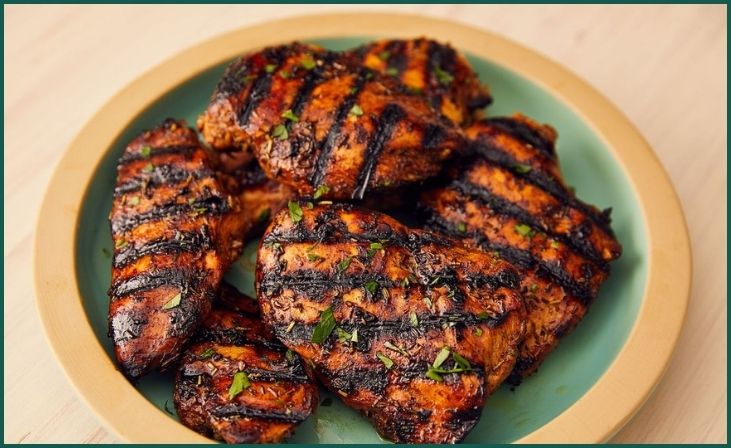
Despite their endangered status, sea turtles are legally hunted in 42 countries and territories globally, raising concerns about the effectiveness of conservation efforts. While the United States has implemented measures to protect sea turtle populations, including nesting beach conservation and fishing regulations, these efforts are not mirrored in other parts of the world. The legal hunting of sea turtles underscores the challenges of international conservation and the need for coordinated efforts to address threats to these iconic marine species. As global citizens, it is imperative to advocate for the protection of sea turtles and support initiatives aimed at preserving their fragile existence for future generations.
For more- 10 Healthy Foods That You Can Easily Grow In Your Kitchen Garden
Conclusion
In conclusion, exploring the world of foods banned or restricted in America sheds light on the complexities of food regulation, consumer safety, and cultural differences. While some bans are driven by health concerns, such as the potential toxicity of certain additives or ingredients, others are rooted in ethical considerations, environmental preservation, or public health initiatives. Understanding the reasons behind these bans can inform our choices as consumers and highlight the importance of advocating for transparent food labeling and rigorous safety standards. As we navigate the global food landscape, it’s essential to remain curious, informed, and mindful of the diverse factors influencing what ends up on our plates.
FAQs
Why are these foods banned in America?
Why are these foods banned in America?
These foods are banned or heavily restricted in America due to concerns about their safety, potential health risks, ethical considerations, or environmental impacts.
Can I still find these foods in specialty stores or imported goods sections?
Can I still find these foods in specialty stores or imported goods sections?
In some cases, these foods may be available in specialty stores or through imported goods sections, but they may come with warnings or restrictions on their consumption.

